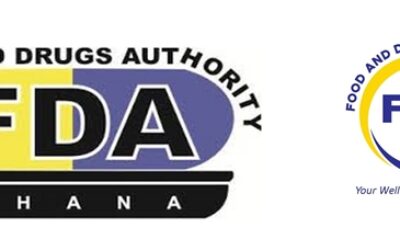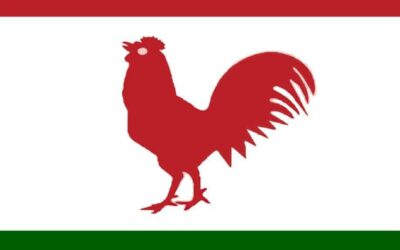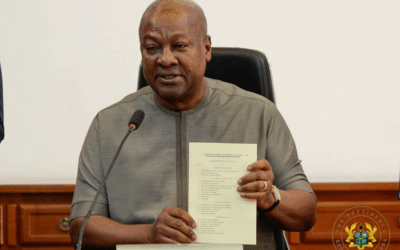Social media has become an indispensable tool for communication, education, and national development. It connects people, provides platforms for political discourse, supports businesses, and strengthens social bonds. However, this powerful medium has also become a fertile ground for insults, abuse, and character assassination.
The rise of online insults in Ghana has raised concerns about morality, civic responsibility, and respect for human dignity. To address this growing problem, a tripod approach — law, technology, and citizens — working at the point of convergence offers the most effective remedies.
Ghana Digital Snapshot (2025)
Internet Users approximately 24.3 million- about 69.9% of Ghana’s population.



George Akom
Mobile Connections approximately 38.3 million- around 110% of the population (multiple SIMs per person).
Social Media Users approximately 7.95 million -roughly 22.9% of the population; about 39.2% of adults (18+).
Facebook Users approximately 10.7 million -a round 31% of population (August 2025).
Instagram Users approximately 2.5 million about 7–8% of population.
Offline Population approximately 10.75 million – around 31.8% of Ghanaians still offline.
The Rise of Insults on Social Media
Online insults are no longer mere disagreements; they often escalate into harassment, cyberbullying, and reputational damage. Public officials, media personalities, and private citizens alike have fallen victim to derogatory attacks.
Left unchecked, such behaviour discourages responsible discourse and undermines democratic participation.
Positives and Negatives of Social Media
– Positives: Social media fosters free expression, mobilizes civic engagement, promotes business visibility, and connects communities.
– Negatives: When misused, it spreads misinformation, promotes insults and hate speech, and damages personal and institutional reputations. The negative impacts sometimes overshadow its benefits if not managed well.
Law: Providing the Framework for Accountability
Ghana’s legal system has established clear provisions to safeguard citizens against online abuse:
– Criminal Offences Act, 1960 (Act 29): Sections 207–208 prohibit offensive conduct and publication of false news that could lead to public unrest or damage reputations.
– Electronic Communications Act, 2008 (Act 775): Section 76 prohibits the transmission of false or offensive messages through electronic communication.
– Cybersecurity Act, 2020 (Act 1038): Provides measures against cyberstalking, cyberbullying, and other harmful online conduct.

These laws empower law enforcement agencies and the judiciary to hold offenders accountable, ensuring that the right to free speech does not degenerate into unrestrained insults.
Technology: Ensuring Real-Time Safeguards
Technology provides complementary tools to the law in curbing online insults:
-AI-Powered Monitoring: Automated systems can flag and remove abusive language on platforms.
– Content Moderation Policies: Platforms like Facebook, X (Twitter), and TikTok enforce community standards that suspend or ban abusive users.
– Digital Identity Verification: Stronger authentication helps trace perpetrators of online insults.
– Reporting and Blocking Tools: Users can report abusive accounts or block them to minimize exposure.
– Cyber Forensics: Advanced tools help security agencies track and prosecute offenders.
Citizens: Exercising Responsibility in the Digital Space
The third leg of the tripod is the citizen. Without responsible digital behaviour, laws and technology alone cannot succeed. Citizens must:
– Use their freedom of expression responsibly, avoiding unnecessary insults and abuse.
– Report offensive content to platforms and authorities instead of engaging in online battles.
– Participate in digital literacy initiatives to better understand respectful online engagement.
– Promote positive dialogue that builds unity and strengthens democracy.
The Convergence of the Tripod
Like a tripod, all three legs must stand together. Law provides the framework, technology ensures real-time enforcement, and citizens bring personal responsibility. When these converge, Ghana can protect free speech while eliminating harmful abuses on social media.
Conclusion
Curbing insults on social media is not the duty of government or technology companies alone. It requires a tripod of remedies — laws that deter, technology that safeguards, and citizens who act responsibly. At this convergence, Ghana can build a safe, respectful, and progressive online environment that strengthens democracy, preserves dignity, and upholds social cohesion.
By: George Akom -(Educationist, Information Systems and Governance Analyst)
Email: kingakom77@gmail.com/0243387291



















